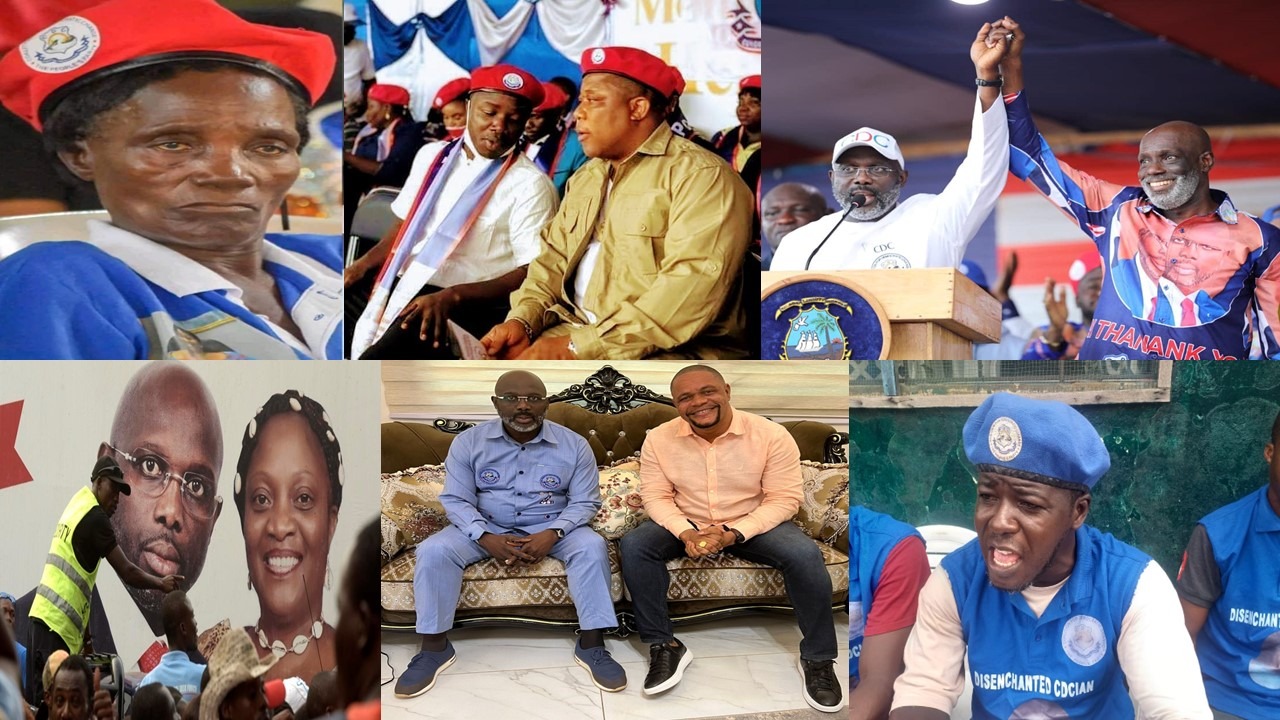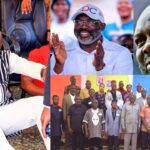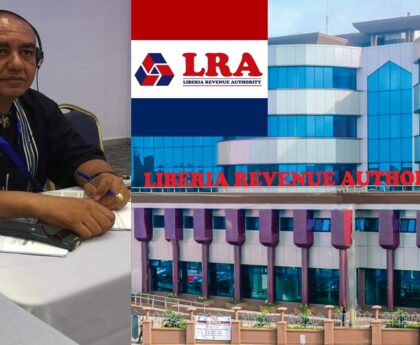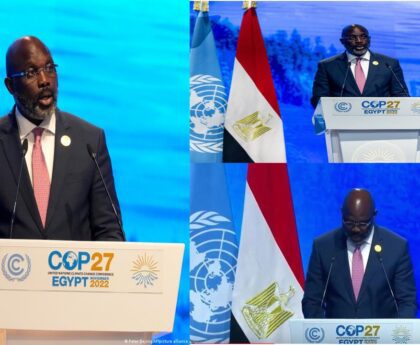The recent defeat of President George Weah in the run-off election has sparked mixed reactions among members of his own party, the Congress for Democratic Change (CDC). Surprisingly, a significant portion of CDCians express a lack of disappointment, citing various grievances that contributed to their dissatisfaction with the President’s leadership during the campaign.
One of the prominent issues that fueled discontent within the CDC ranks was the perceived neglect of the party chairman, Mulbah Morlu. Party loyalists felt that Morlu, a key figure in the CDC, was sidelined in favor of appointing Eugene Lenn Nagbe as the campaign chairman. This decision stirred internal discord as it raised questions about loyalty and the party’s commitment to its core leadership.
Eugene Lenn Nagbe’s appointment as campaign chairman drew criticism, particularly due to his previous positions within the government and his association with President Weah. Some CDCians argued that bringing Eugene Nagbe into a pivotal role overshadowed the party’s original ethos and contributed to the erosion of trust among the rank and file.
Another contentious factor that played a role in the disappointment among CDCians was the alliance with Henry P. Costa, a political figure known for his vocal criticism of President Weah and his administration. Costa’s endorsement for his financial gain raised eyebrows, especially considering his history of harsh criticism, including leading protests against the government on June 7.
The decision to align with Costa, despite his previous adversarial stance, underscored a perceived lack of principled leadership within the CDC. Many party members questioned whether such a partnership was in the best interest of the party’s values and whether it compromised the integrity of their political platform.
The internal dissent within the CDC reflects a broader concern among supporters who feel that their voices and concerns were not adequately addressed by the President. Grievances related to party leadership, campaign strategy, and alliances with controversial figures have created divisions within the CDC, potentially contributing to President Weah’s electoral setback.
As the CDC reflects on this defeat, there is an opportunity for introspection and recalibration. Acknowledging the concerns raised by party members and addressing internal fractures may pave the way for rebuilding trust and unity within the party. Moving forward, the CDC will need to carefully navigate its internal dynamics, ensuring that party principles are upheld and that the leadership remains responsive to the aspirations of its members.
In the aftermath of this electoral outcome, the CDC faces a critical juncture where addressing internal concerns becomes imperative for its future relevance and success in the political landscape of Liberia.




